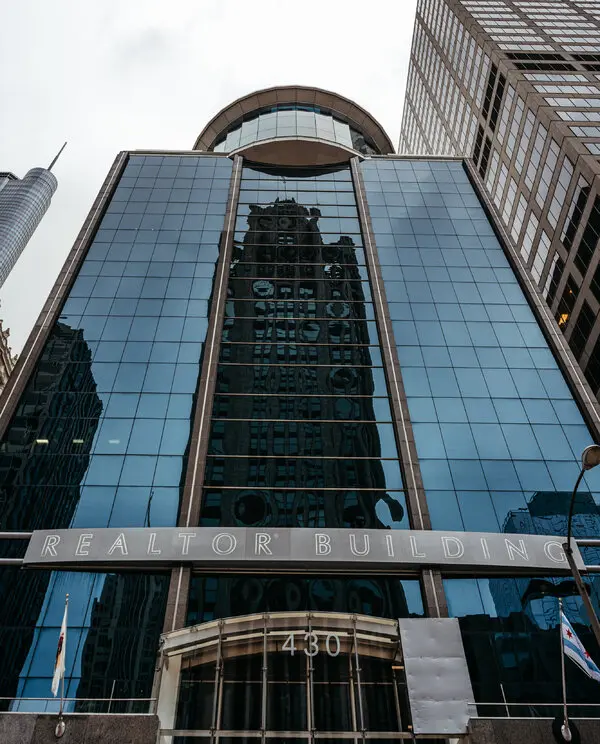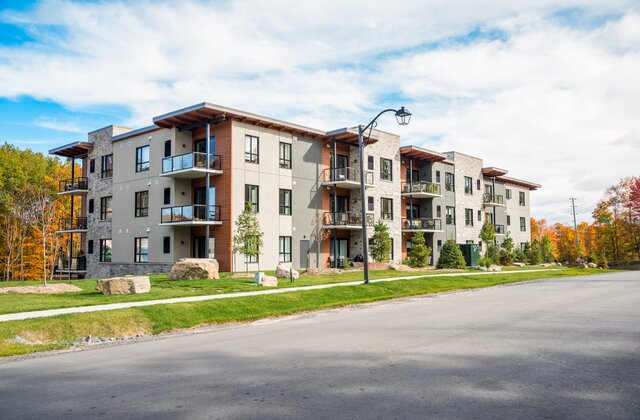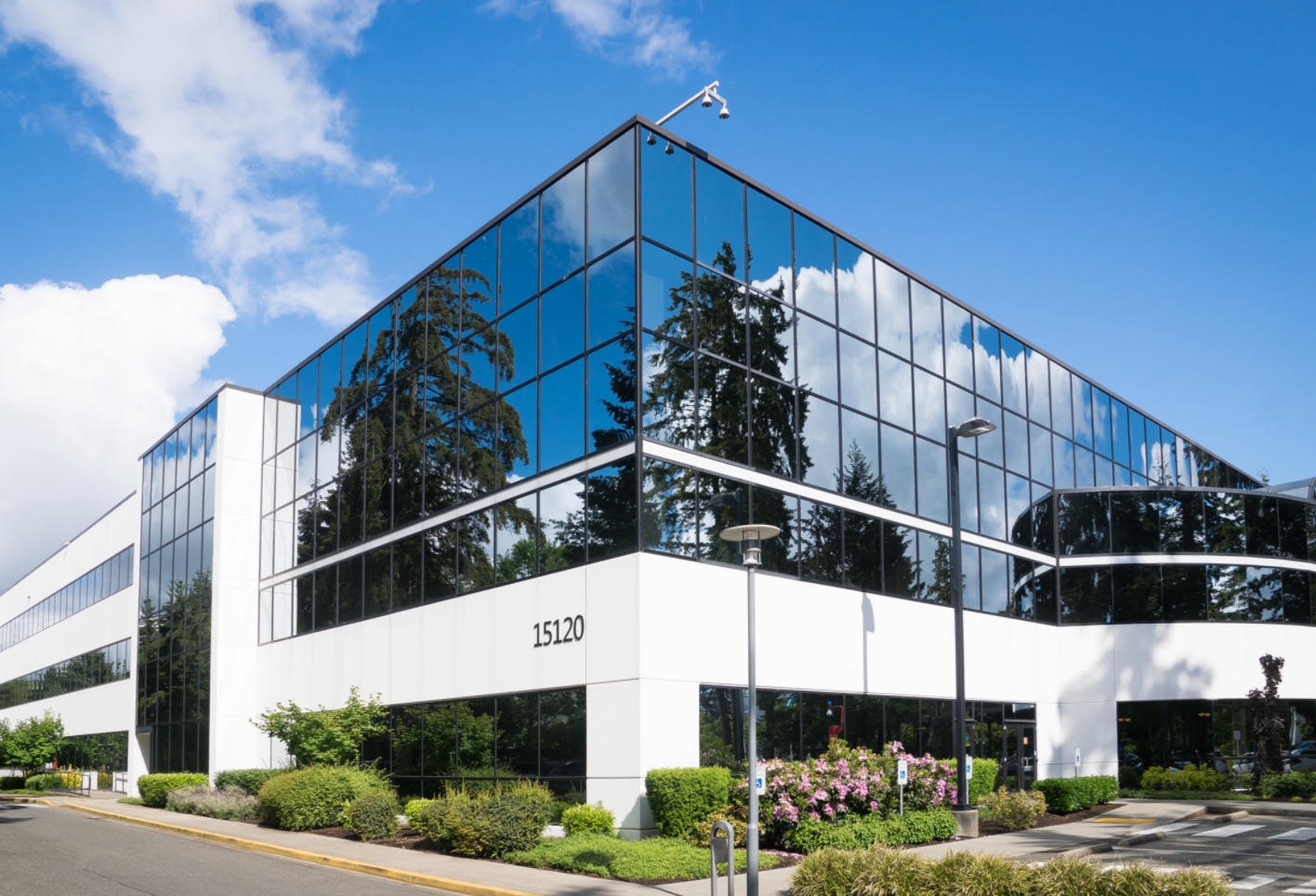The European commercial real estate market has been struggling with deal flow in recent years, and it’s not hard to see why. From the current economic situation to the impact of Brexit and the US election, there are a variety of factors at play that have made investment in this market more challenging than ever before. In this blog post, we’ll explore some of these challenges in detail and discuss what they mean for investors looking to get involved in Europe’s commercial real estate sector. So buckle up, grab your favorite beverage, and let’s dive into why the European commercial real estate market is facing such a tough time!
The Current Economic Situation
The current economic situation in Europe has been challenging, to say the least. The COVID-19 pandemic has had a significant impact on the region’s economy, with many businesses struggling to stay afloat amidst lockdowns and restrictions. This has led to an increase in vacancies across various commercial real estate sectors, including retail and office spaces.
Moreover, low-interest rates have made it difficult for investors to generate attractive returns from their investments in commercial real estate. As less money is flowing into these markets due to the ongoing uncertainty around the pandemic, there are fewer deals being done overall.
Another issue facing the European commercial real estate market is oversupply. In some areas, there is simply too much supply of certain types of properties compared to demand which makes it harder for landlords or developers who may be looking at buying or selling property.
Despite these challenges though, many experts believe that there are still opportunities for investors who are willing to take on more risk than usual as prices become available at lower rates while waiting out this tough time period.
The Lack of Investment
One of the key reasons why the European commercial real estate market is struggling with deal flow is due to a lack of investment. Despite low interest rates, many investors are still hesitant to invest in this sector.
One reason for this lack of investment could be attributed to the ongoing uncertainties caused by the COVID-19 pandemic. The unpredictability surrounding future lockdowns and restrictions has made it difficult for investors to accurately forecast potential returns on their investments.
Another factor that may have contributed to the decrease in investment is increased competition from other asset classes such as technology and healthcare. These industries have seen significant growth over recent years, drawing investor attention away from commercial real estate.
Furthermore, political instability across Europe has also impacted investor confidence. With Brexit negotiations and tensions between EU member states ongoing, uncertainty levels remain high – causing investors to hold back on committing funds.
Until there is more stability and certainty within both economic and political spheres, it’s likely that we’ll continue seeing a lack of investment within the European commercial real estate market.
The Euro Crisis
The Euro Crisis has undoubtedly had a significant impact on the European commercial real estate market. The crisis began in 2009 when Greece announced it was unable to repay its debts, leading to widespread panic among investors and a sharp decline in property prices.
As the crisis persisted, other countries such as Spain, Portugal, Italy and Ireland also faced economic troubles. This led to reduced investor confidence in the eurozone as a whole and made many hesitant about investing their money into commercial real estate markets.
One of the main issues that arose during the Euro Crisis was uncertainty surrounding currency exchange rates. Investors were unsure how much their investment would be worth due to fluctuations in exchange rates between different countries within the eurozone.
The Euro Crisis also led to increased regulations for banks across Europe which further impacted deal flow in commercial real estate markets. Banks became more cautious with lending money which meant that fewer deals were being financed, resulting in decreased transaction volumes.
It is clear that the Euro Crisis had a profound effect on both domestic and foreign investments into European commercial real estate markets. Although some recovery has been seen since then, there are still challenges facing these markets today as they continue to navigate economic uncertainty both within Europe and globally.
Brexit
Brexit, the decision of the United Kingdom to leave the European Union, has had a huge impact on the commercial real estate market in Europe. One of the main reasons for this is that many companies have chosen to relocate or reduce their presence in London due to uncertainty about what Brexit will mean for them.
This has led to a decrease in demand for office space and other types of commercial property in London and other UK cities. At the same time, investors are wary about investing in UK real estate until they have a clearer understanding of how Brexit will play out.
On top of this, there are concerns that leaving the EU could lead to higher tariffs on goods traded between Britain and other countries. This could lead to businesses having less money available for investment and expansion, which would further weigh on demand for commercial property.
Despite these challenges, some investors see opportunities arising from Brexit. For example, they may look outside London and invest in cities such as Berlin or Paris instead. It remains uncertain what effects Brexit will ultimately have on the European commercial real estate market.
The Impact of the U.
S. Election on the European Commercial Real Estate Market
The outcome of the U.
S. election has undoubtedly impacted markets worldwide, including the European commercial real estate market. The election of Donald Trump as president has led to much uncertainty and volatility in global markets.
One direct impact on the European commercial real estate market is the potential for changes in trade policies between Europe and the United States. Trump’s protectionist stance could lead to a decrease in international investments, which would harm not only Europe but also many other regions around the world.
Furthermore, there are concerns about increased interest rates in America, which could affect borrowing costs and further reduce investment flows into European commercial real estate. This situation is exacerbated by Brexit’s financial uncertainty combined with a stronger dollar.
However, there is some optimism that Trump’s pro-business agenda may positively impact American businesses operating globally and therefore increase demand for office space within Europe’s key cities.
It remains unclear how this election will continue to shape events across all sectors of business and finance; thus it leads to speculation towards possible implications on short-term economic growth trends across continents such as Asia-Pacific or Latin America at large so these remain matters open for future analysis.
Conclusion
The European commercial real estate market is currently facing numerous challenges that are affecting its deal flow. The current economic situation, lack of investment, Euro crisis, Brexit and the impact of the U.
S. election have all contributed to this struggle.
However, despite these obstacles, there is still hope for improvement in the future. By implementing strategic measures such as diversification of investments and taking advantage of emerging markets within Europe and beyond, investors can increase their chances for success.
Additionally, policymakers must work together to create a stable environment that fosters growth in the industry. This includes addressing concerns regarding taxes and regulations while ensuring transparency and accountability in transactions.
It’s clear that significant changes need to be made if we want to see an uptick in activity within Europe’s commercial real estate market. But with careful planning and collaboration between stakeholders across industries and borders alike – there’s no telling what kind of opportunities may arise!











